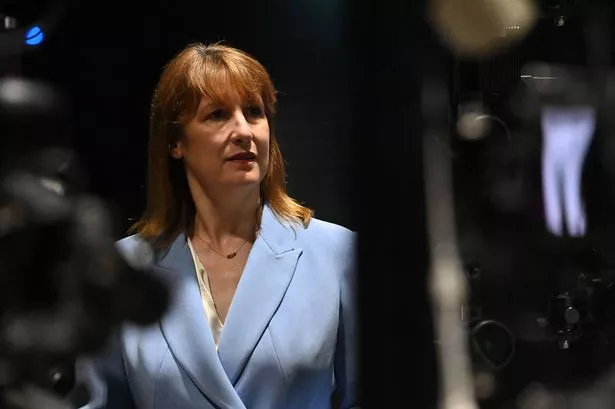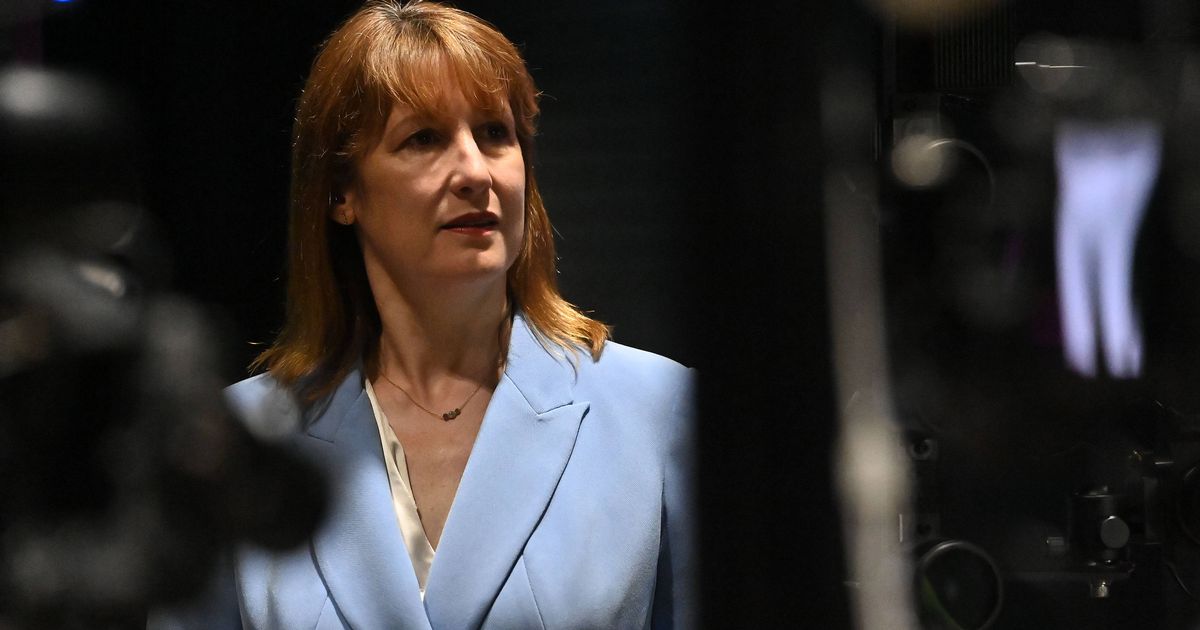Rachel Reeves response to calls was not sufficient, MP committee ruled as pensioners face increased tax raids
11:35, 10 Sep 2025Updated 13:10, 10 Sep 2025
 Rachel Reeves’ Treasury new response has been ordered to calls to make the state pension tax free(Image: Getty Images)
Rachel Reeves’ Treasury new response has been ordered to calls to make the state pension tax free(Image: Getty Images)
Demands have been mounting for the government to make the state pension tax-free as elderly people struggle with rising living costs. This year Chancellor Rachel Reeves has brought back the winter fuel payment of up to £300 for approximately nine million pensioners.
Nevertheless, not everyone will receive it – and a threshold for taxable income has been established at £35,000. A petition on the parliament website is demanding that the state pension should be made exempt from tax – and not count towards people’s liability to pay money to the government.
It has attracted 17,000 signatures and received a response from the Treasury. The petition states: “We want the government to make the state pension tax exempt and not impact the tax threshold. We think it is wrong to tax the state pension.”
Rachel Reeves’ Treasury provided a brief response – but now the powerful Petitions Commons Select Committee has determined this response is insufficient and instructed officials to return with a more detailed answer to the issues raised.
The Committee stated: “The Petitions Committee (the group of MPs who oversee the petitions system) has considered the Government’s response to this petition. They felt the response did not respond directly to the request of the petition. They have therefore asked the Government to provide a revised response.”
“When the Committee receives a revised response from the Government, we will publish this and share it with you.”
The original Treasury response stated: “Exempting the State Pension from income tax would be expensive and add complexity to the tax system”.
“Exempting the State Pension from income tax would be expensive at a time when the Government has inherited a very challenging set of fiscal circumstances. Individuals earning above the higher rate threshold would benefit more than those with incomes below, and those earning below the Personal Allowance would not benefit at all.
“The Government keeps all taxes under review as part of the policy making process. The Chancellor will announce any changes to the tax system at fiscal events in the usual way.”
Helen Morrissey, head of retirement analysis at Hargreaves Lansdown, cautions that increasing numbers of pensioners will be ‘pulled into taxpaying territory’ in the years ahead because of frozen income thresholds.
Ms Morrissey said: “The pension tax paying population is soaring. On one hand, this can be celebrated as a sign of rising incomes among this population, but it’s also fair to say that frozen tax thresholds have also played a massive part in pulling more pensioners into taxpaying territory. With the freeze set to remain in place until 2028, we expect to see these figures continue to grow.
“There are things that can be done to help manage these tax liabilities. For a start, up to 25 per cent of your pension can be taken tax free and this can be used alongside taxable income to keep you below an income tax threshold. Retirement income is also more than just about pensions, with ISAs also able to play a key role.
“Paying into a pension reduces your adjusted income and this can reduce the amount of tax you have to pay or even stop you from breaching a threshold that moves you into paying tax at a higher rate.
“This can be especially helpful to those who earn between £100,000 and £125,140 per year who get hit by the stealthy 60 per cent tax trap that erodes your personal allowance.”
Under the Triple Lock policy, the New and Basic State Pensions rise annually in line with whichever proves highest between average yearly earnings growth from May to July, CPI inflation to September, or 2.5 per cent.
The measure is designed to protect the State Pension’s value from being eroded by rising living costs.
Both the New and Basic State Pensions went up by 4.1 per cent in April, though future projections from the Labour Government anticipate a 2.5 per cent increase across the coming four financial years.
Based on these figures, the full New State Pension is set to reach £12,578.80 during the 2027/28 financial year – £78.80 above the Personal Allowance threshold.
To access the petition, click here.

